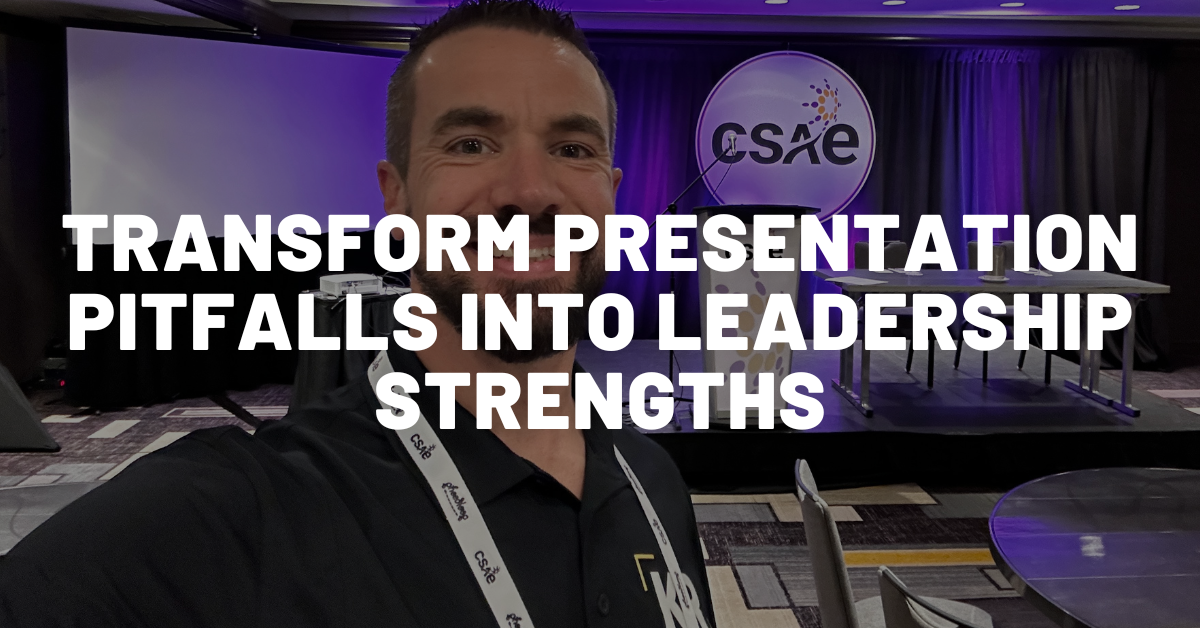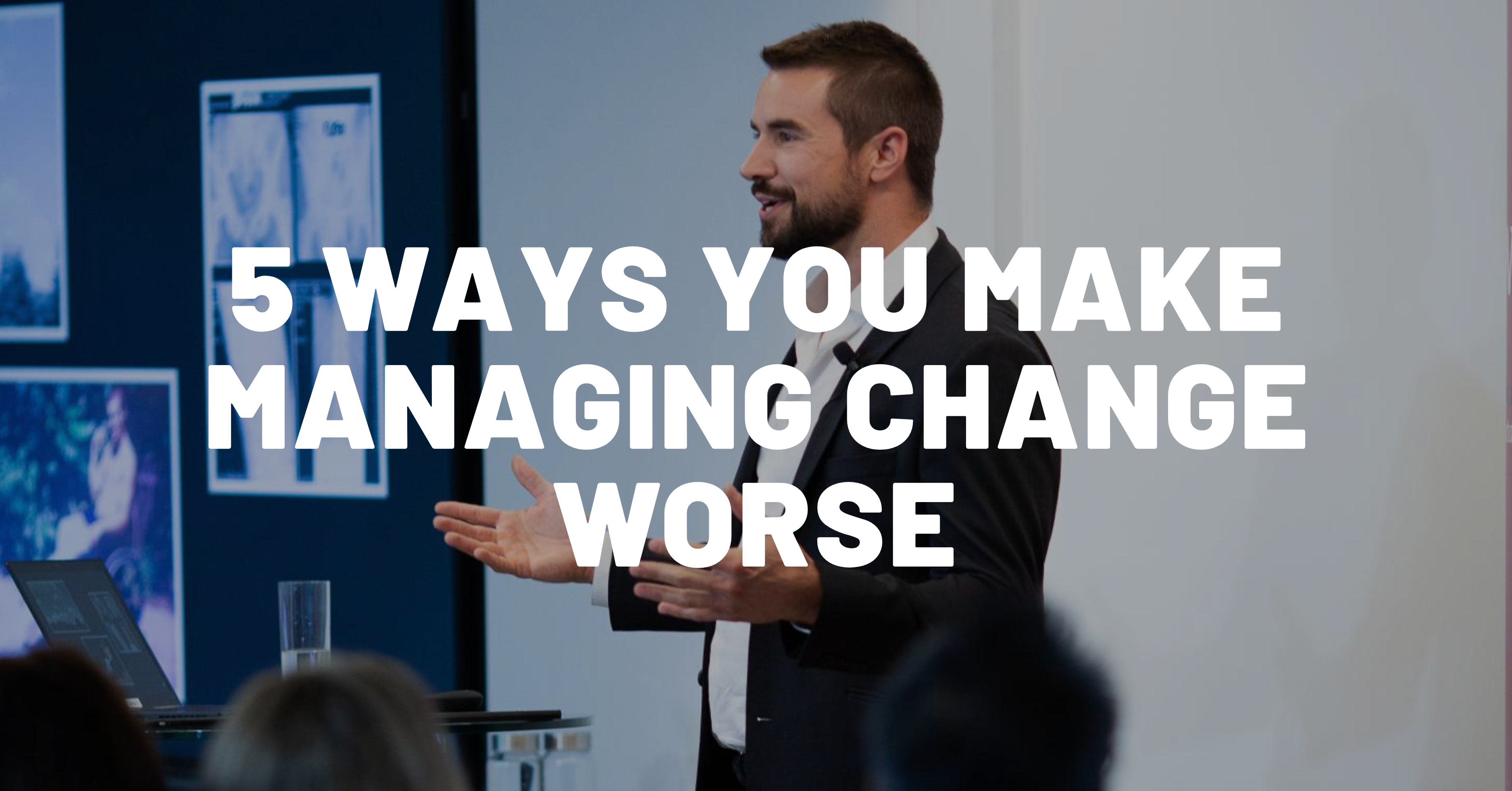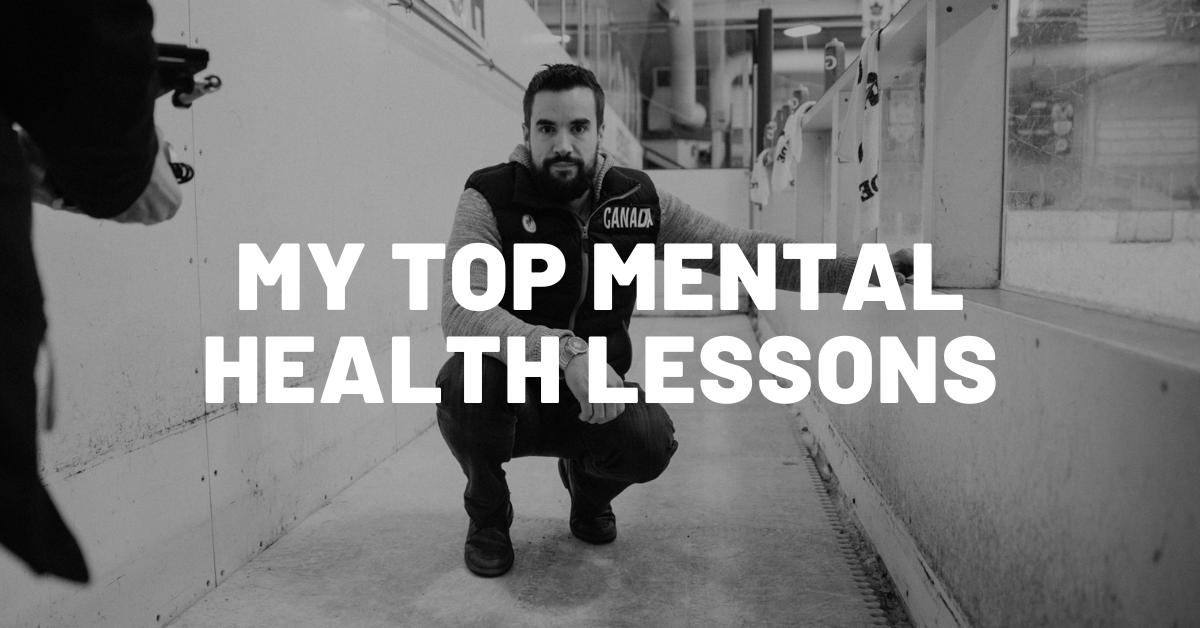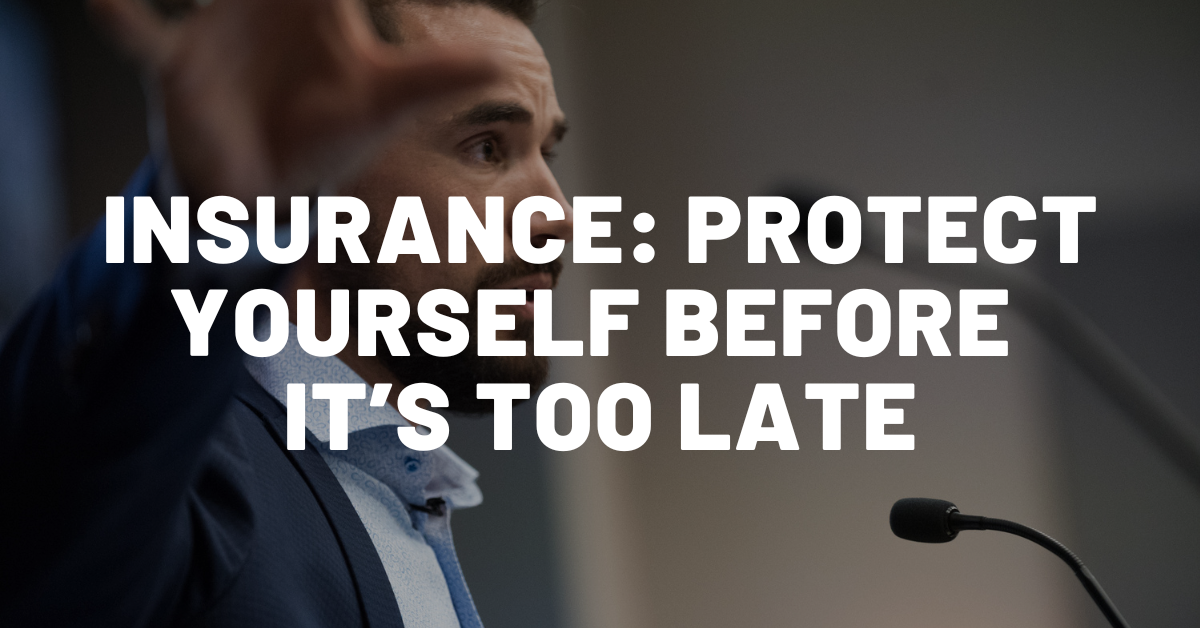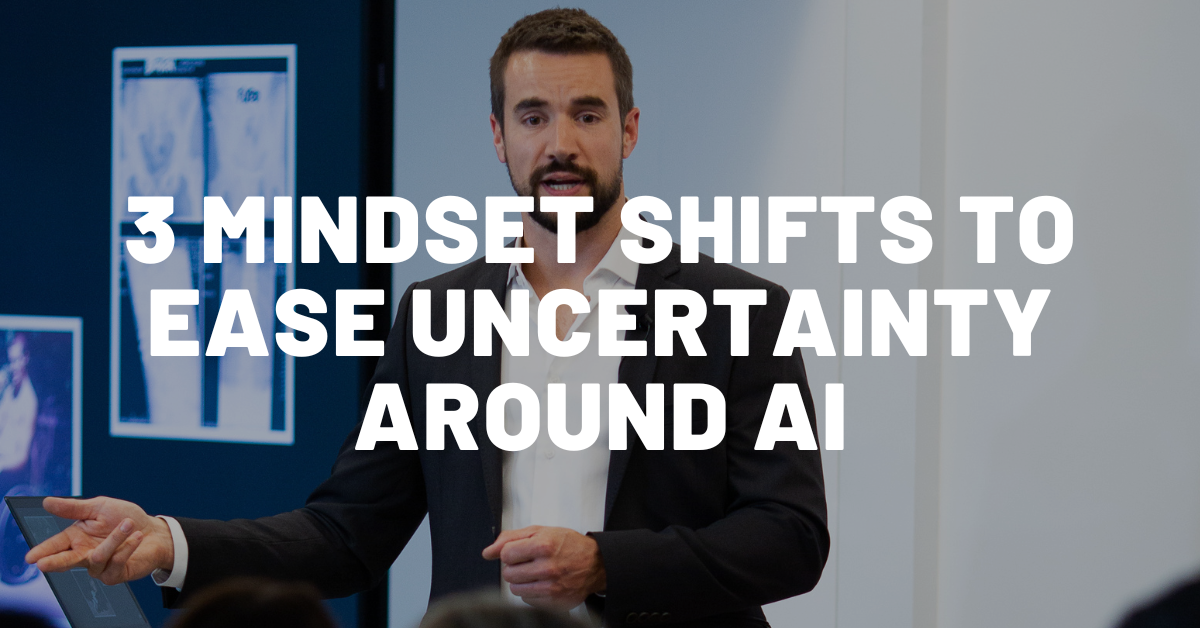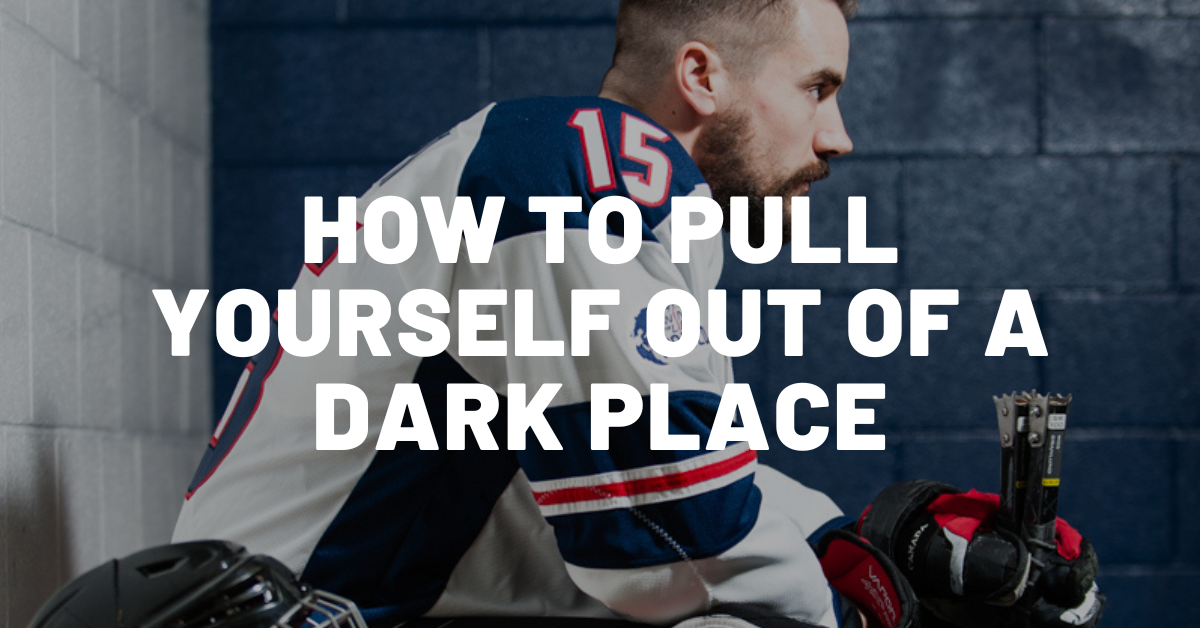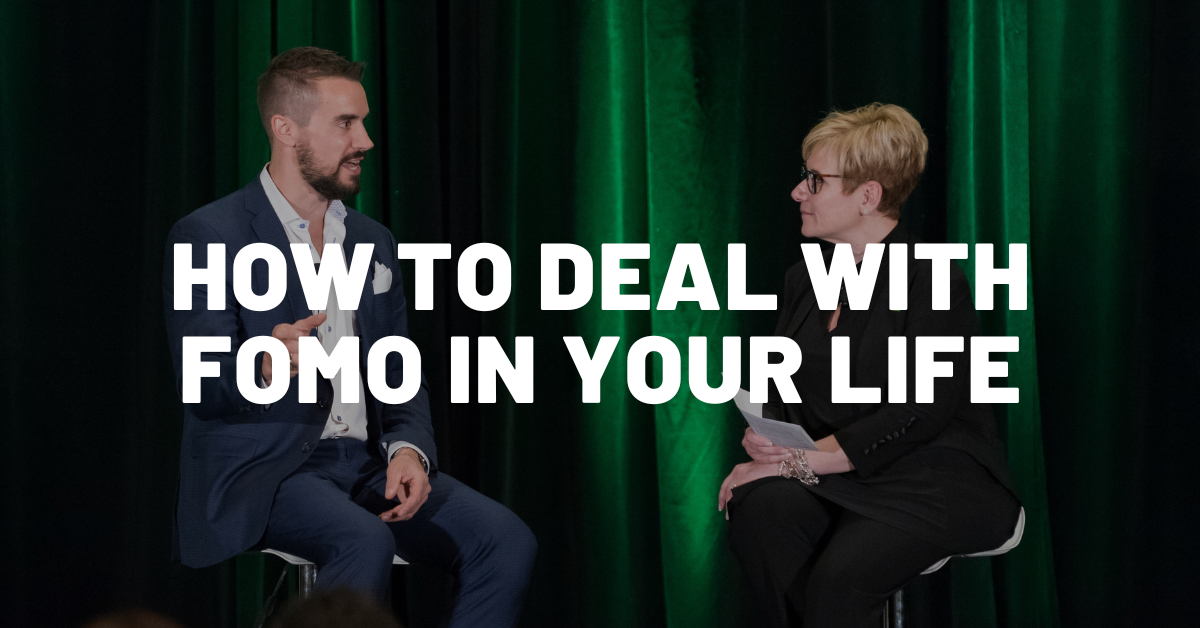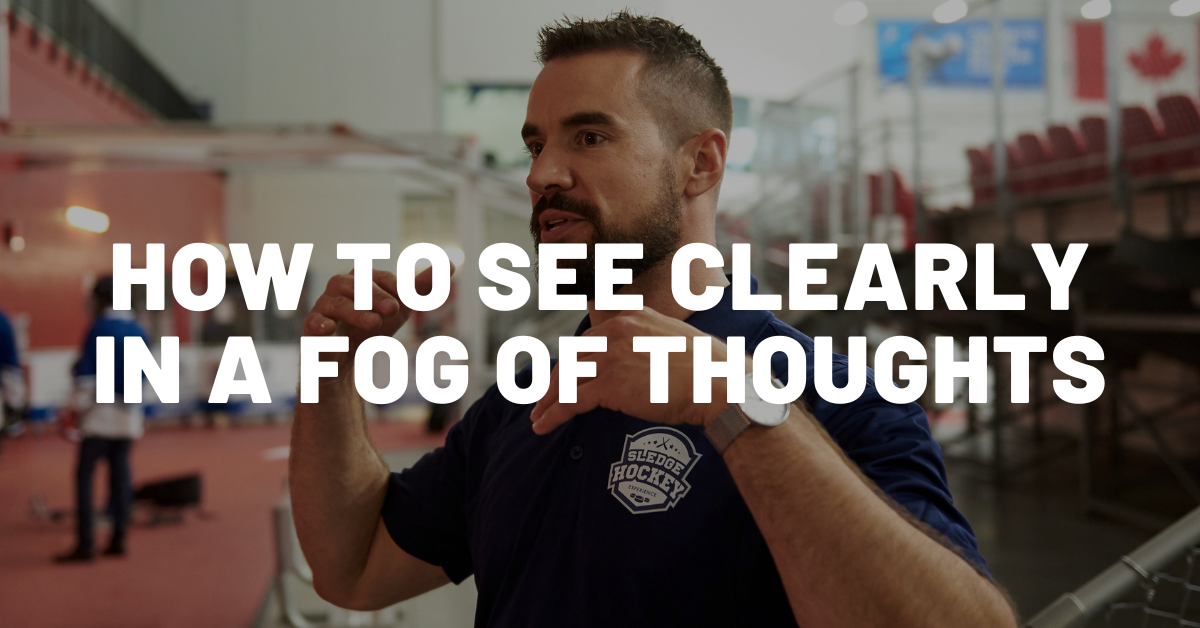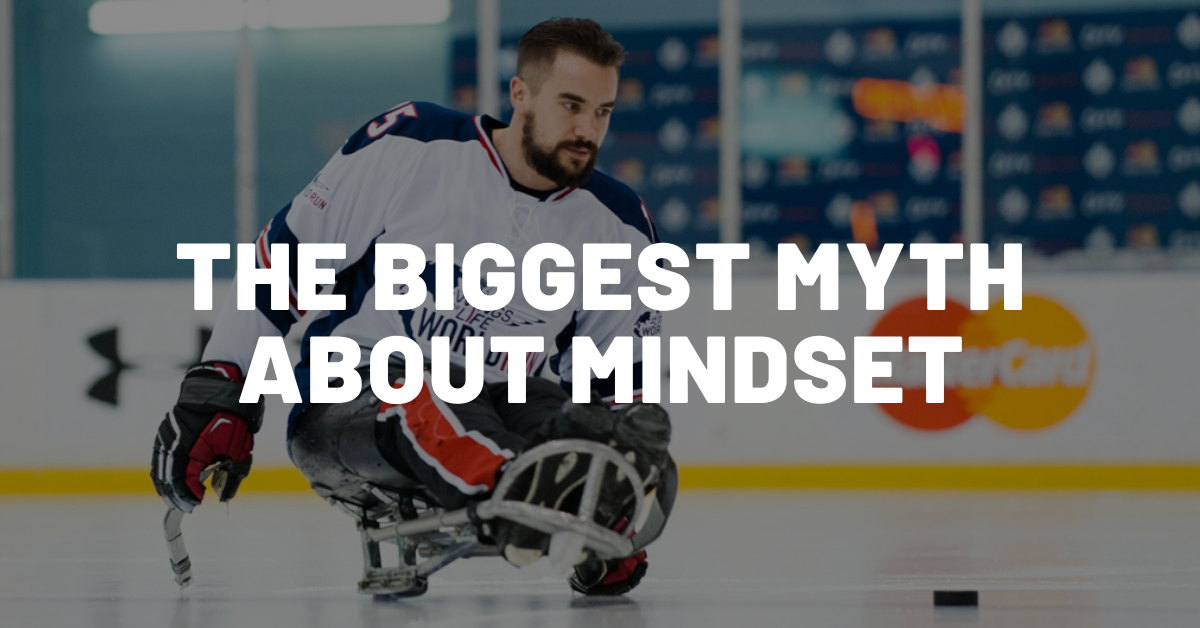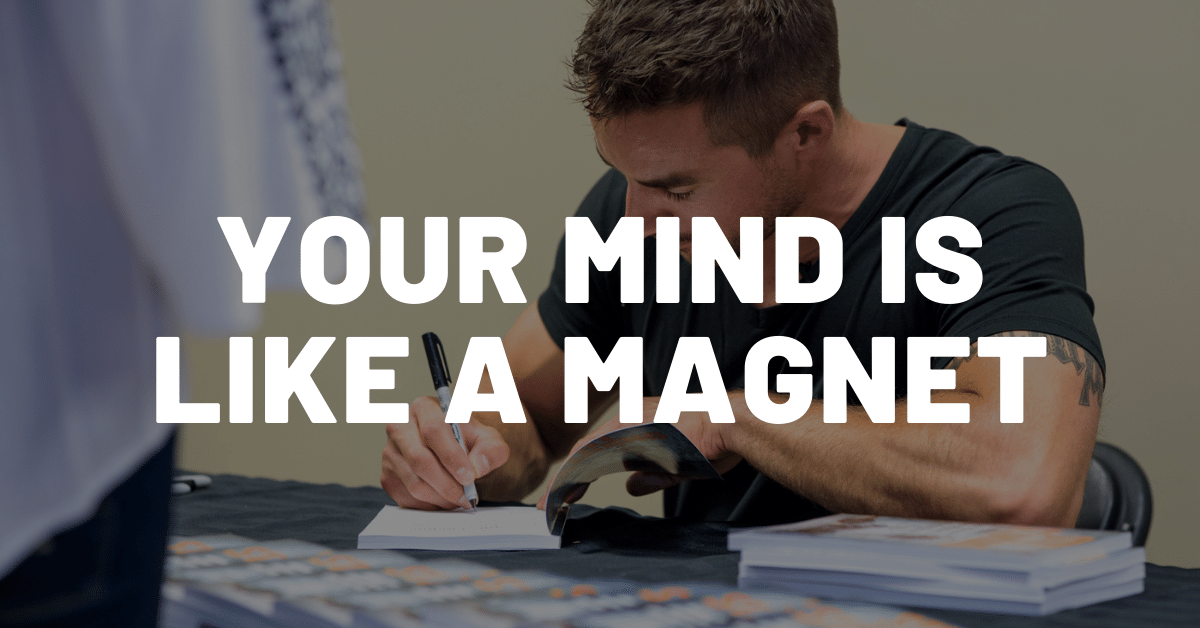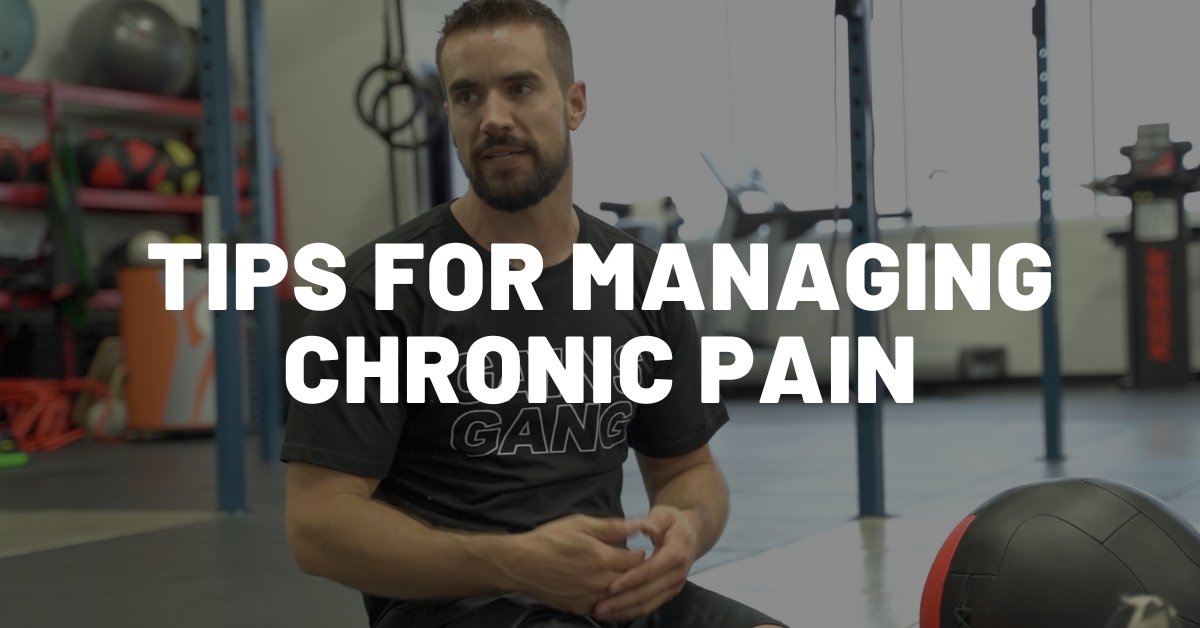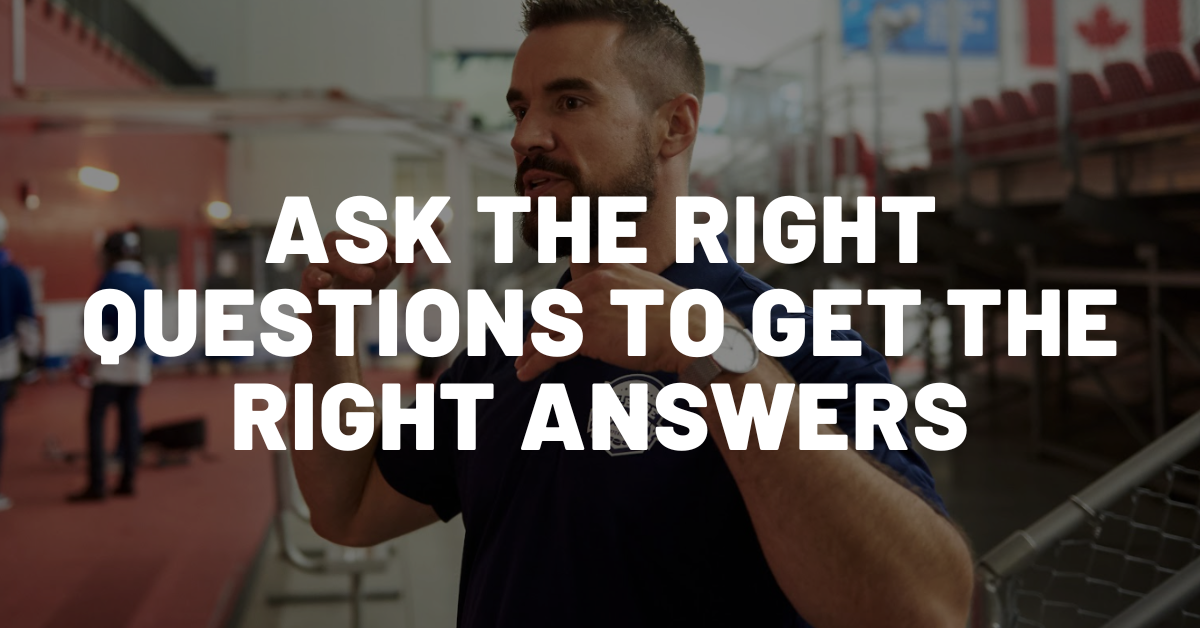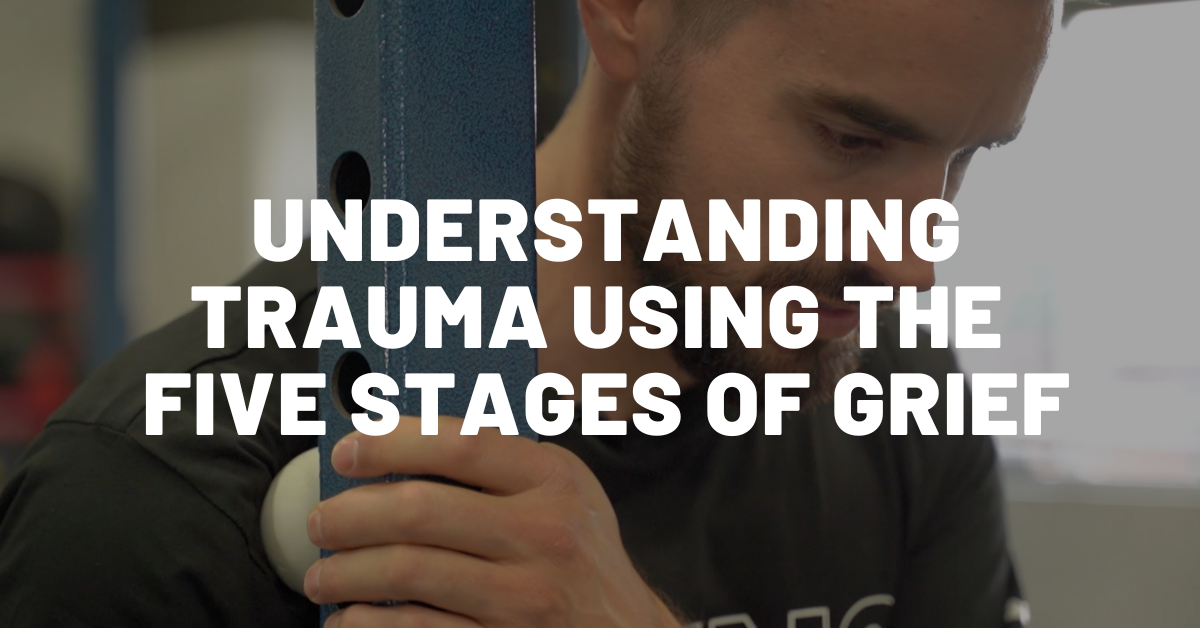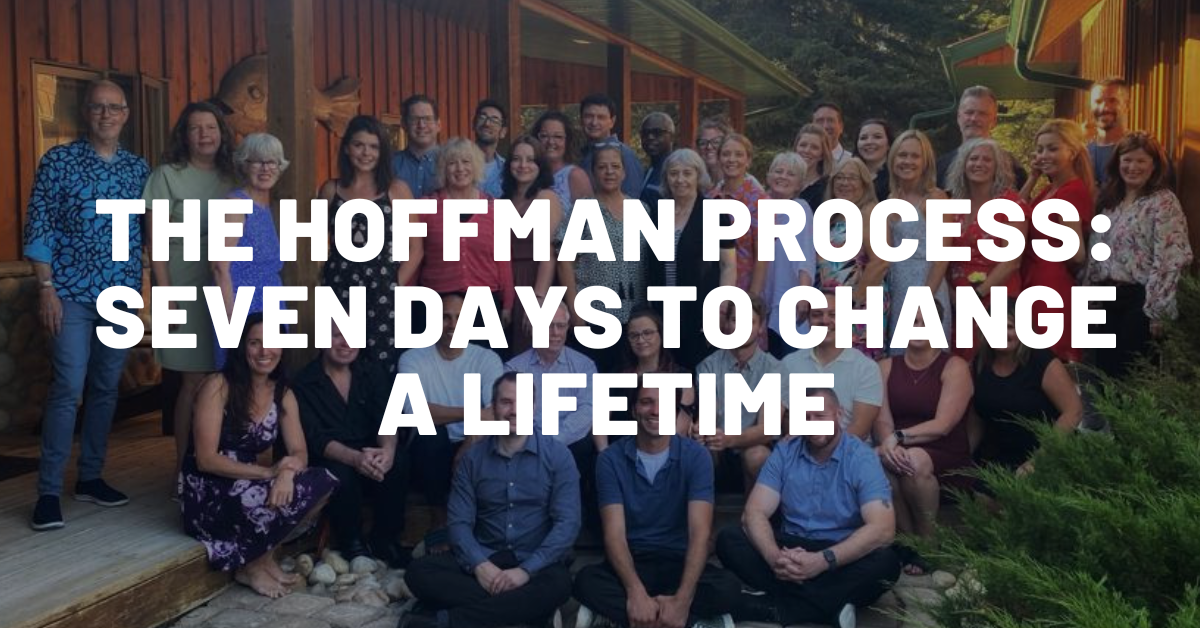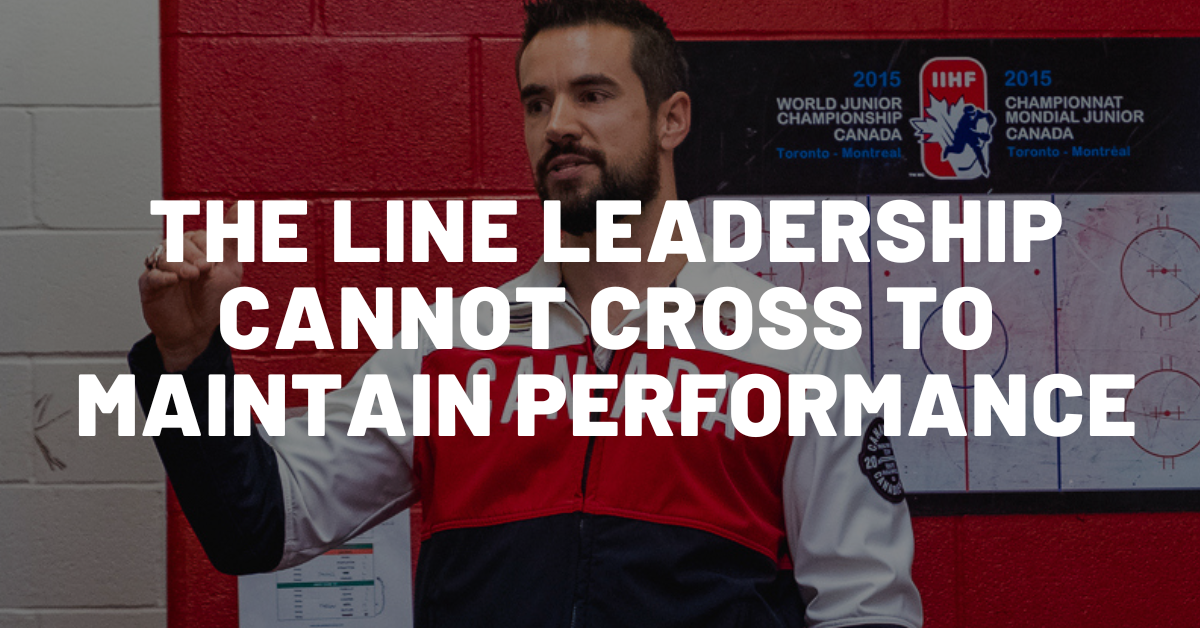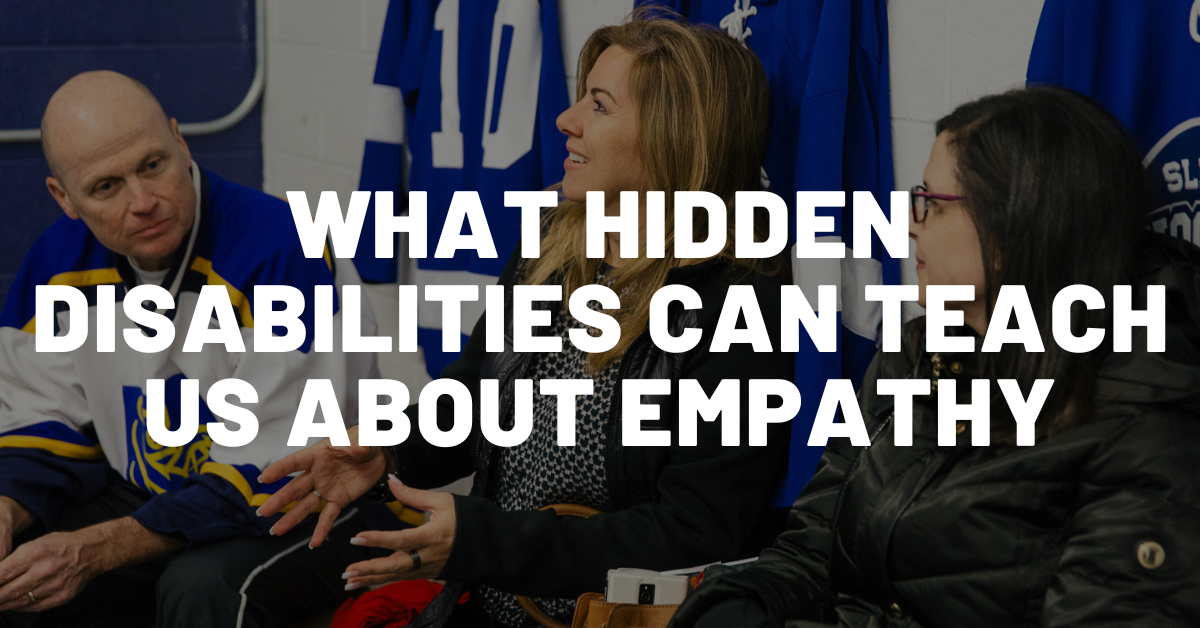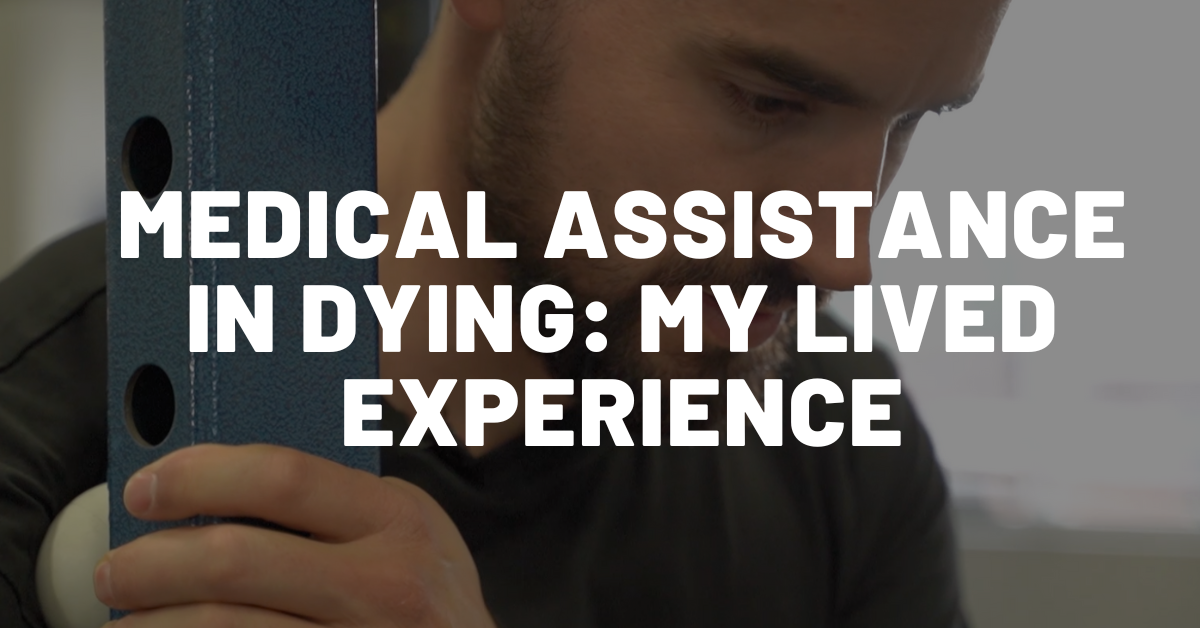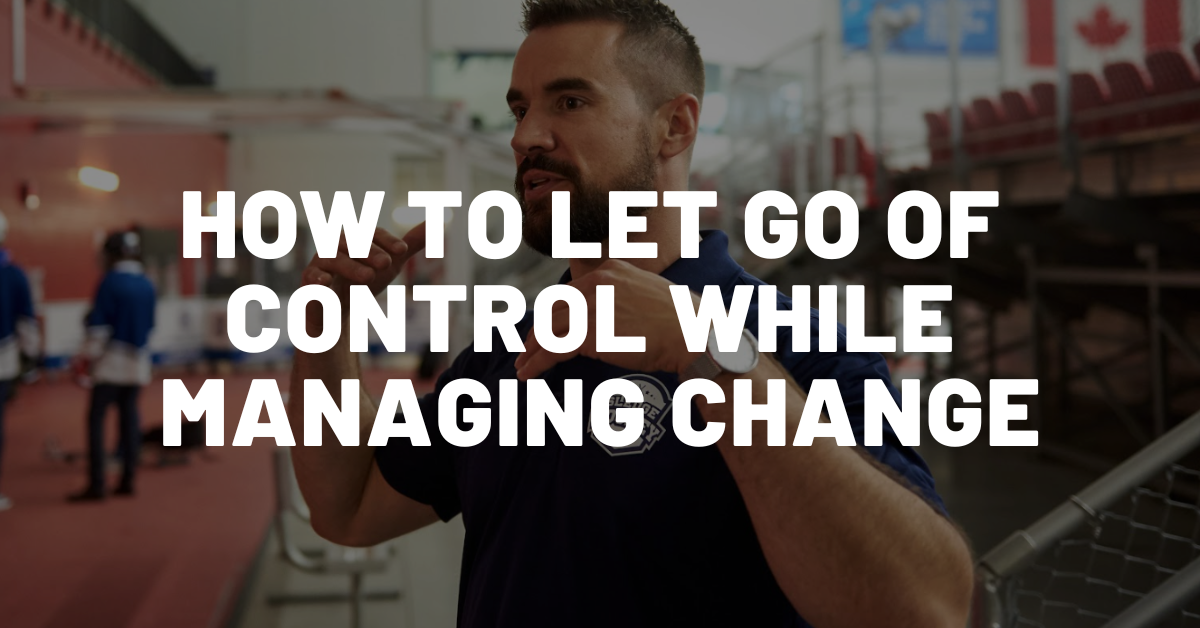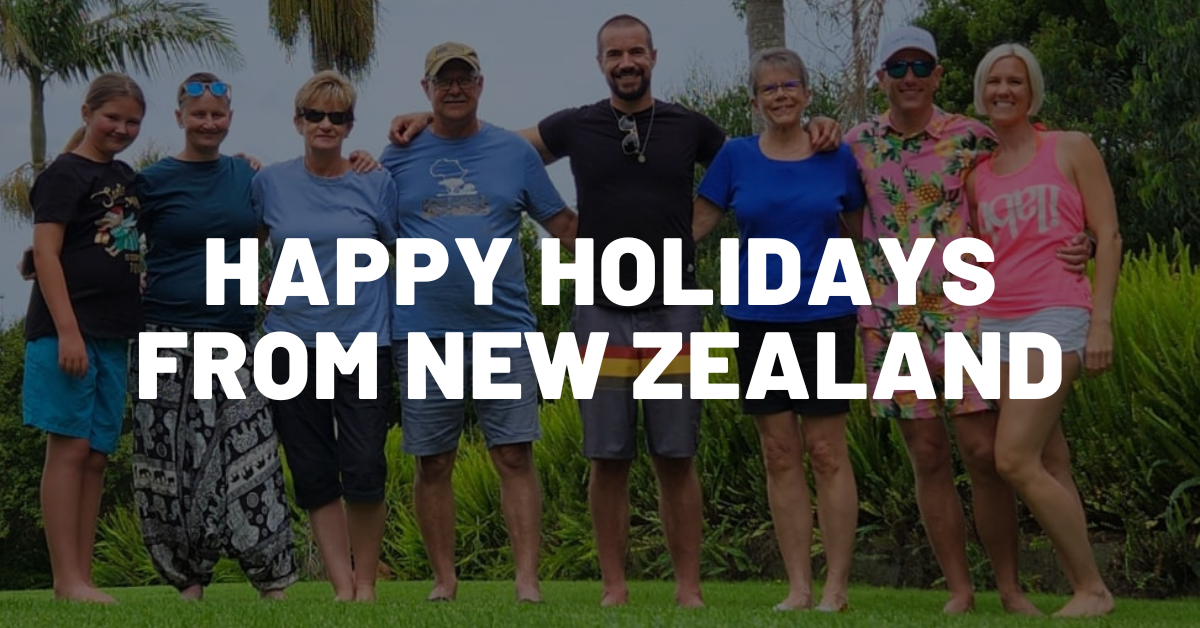The late Dr. Elisabeth Kübler-Ross, a Swiss American psychiatrist, and author of the pioneering international bestseller, On Death and Dying, proposed “The Five Stages of Grief” for those dealing with the death of a loved one.
Encountering Loss and Grief
Like all of us, I’ve also experienced varying forms of loss and grief throughout my life. When I was 19, my family dynamic completely shifted due to my father’s paralysis. A few years later, at the age of 23, an unfortunate ending to a dirt bike accident also left me paralyzed, and with it, was the loss of my identity in its entirety. Then, when I was cut from Team Canada, so too was my affiliation and recognizability as the “Team Canada” guy. Even as I share this with you today, I’m in yet another transitionary period of loss, as I prepare to close my team-building business, The Sledge Hockey Experience.
With an understanding of The Five Stages of Grief – denial, anger, bargaining, depression, and acceptance – we can begin to see how, in time, occurrences may feel like things that are happening “to” you, versus recognizing life changes as things that are happening “for” you. This seemingly trivial shift in mindset is incredibly powerful, as it’s an adjustment from resistance to acceptance.
My Experience: The Five Stages of Grief
Below, I’ve recalled some of the ways I’ve experienced grief using Kübler-Ross’ framework:
1. Denial
When I was 19, my dad and I were up a tree building a stand, when I handed him some materials before making my way down. But, as he retrieved them from me and began his own ascent, the branch he stood on snapped, and he fell to the ground. The fall severed his spine and broke his back, ultimately rendering him a complete paraplegic. In the blink of an eye, his life was changed forever.
Despite bearing witness to this freak accident, I didn’t want to believe the reality of what had happened. Neither the endless number of hospital visits nor the numerous home renovations to ensure our home was accessible to his evolving needs could shake my denial. Instead, I carelessly rebelled as an expression of my own deep-rooted anger.
2. Anger
I wasn’t just angry at the world after my dad’s accident, I was infuriated and felt like I was owed something for all that I was undeservedly going through. To cope, I overindulged in drinking, smoking, and frivolous spending.
Adding to this, was how furious I was at my dad. Despite my own denial, I resented his unwillingness to accept things as they were. He grew to be miserable and pessimistic, and often took out his frustrations on our family, despite our desire to do everything we could to help him.
3. Bargaining
At this stage of grief, we drown ourselves in “what if” scenarios to postpone how we truly feel. As I struggled with coming to terms with life after my dirt bike accident, I would lose myself in thoughts like “What if I didn’t jump off the bike mid-air?”
When people hear my story, they often ask if, in hindsight, I think I made the right decision. Though the video footage clearly demonstrates that I should have stayed on the bike, I’ve never regretted my decision.
Peter Crone, “The Mind Architect,” who I greatly admire, has a saying that I apply to my bike accident. It states that “What happened happened, and couldn’t have happened any other way, because it didn’t.” I continue to hold this notion close, so when any bargaining creeps in, it’s often very short-lived.
(For more insight on how to stop running and face your problems head-on, click here.)
4. Depression
After I was paralyzed, even though I was learning to walk again, I was fighting a massive bout of depression, a brief drug addiction, and a slew of suicidal thoughts. I had yet to discover sledge hockey or the Paralympics, and was seriously questioning my worth, and how my future would look as a person with an invisible disability.
Miraculously, sledge hockey was the thing that turned it all around for me. It had a triple effect in the ways it gave me a renewed purpose in shifting my perspective on how different, but fulfilling life could still be with a disability.
5. Acceptance
I acknowledge that my experiences of loss, in close succession, have not only contributed to how I navigate grief, but also the speed at which I’m able to do so. To be clear, a quick pace is not the goal when dealing with grief, healing is. You must learn how to be patient and manage change. But I owe it to you to be transparent in my recognition of how this has often affected this aspect.
In learning how to “let go” of the Sledge Hockey Experience, I admittedly underwent a two-week period of sadness. Why? Because I’ve come to realize that nothing lasts forever; not our personal items, career goals, or the people we hold dear. Not only is it okay to let go of things that no longer serve us, in fact, when you’re able to, it frees up space for something new to enter.
Finding Acceptance
I now know, and more importantly, accept that things are subject to change, and that when they do, it’s for me to experience something new. It’s not to suggest I’m immune to grief, but a testament to the numerous times I’ve healed from it.
Achieving this level of acceptance is a process, and requires time. With this in mind, here are some actionable pieces of advice to consider:
Allow yourself to process and feel what you need to feel. Holding your grief in versus letting it out is usually far more destructive. For example, learning how to practice self-love is a healthy way to process your emotions while you heal.
Accept where you are today. Allow yourself to feel grief and determine how long is reasonable before letting go and moving on with your life. One of my favourite perspectives on this comes from the idea that anxiety usually comes from a remembered past or an imagined future. When we are not living in the present moment, we create tension. By accepting where you are today, you help release it.
Buy the book Working With The Law, and read chapter 9 on the Law of Forgiveness. It will illustrate the effects of guilt, grief, and shame on your mind and body when they go unchecked. For example, after one physician concluded their study on forgiveness they stated “Abnormal tumors and cancers are due to a long period of suppressed grief and anxiety”, while another physician, Dr. Professor Gates stated that of all the bad emotions, holding onto guilt is the worst. It is literally like keeping poison in your body.
Finding Peace
Grief often prevails when we hold onto things that we don’t want to end. Though initially painful, it is possible to find peace. Based on my own experience, my strong recommendation is to lean into the understanding that regardless of the intensity of our emotions, all feelings are fluid and can therefore become manageable. Consider the question, “What do I need to let go of?” as a torch to help guide you through the darkness of believing that you’ll only be able to return to your light once you’ve found the answer.
—
Enjoyed this article? Here are three more to help you succeed:
How to Manage Change Effectively
How to Forgive Yourself and Stop Feeling Guilty
—
Whenever you are ready here are the 3 best ways I can help you:
- Get a FREE copy of my autobiography (click here)
- Looking for a speaker for your next event? (Contact Kevin)
- Learn more about The Resilience Toolbox Workshop (click here)

